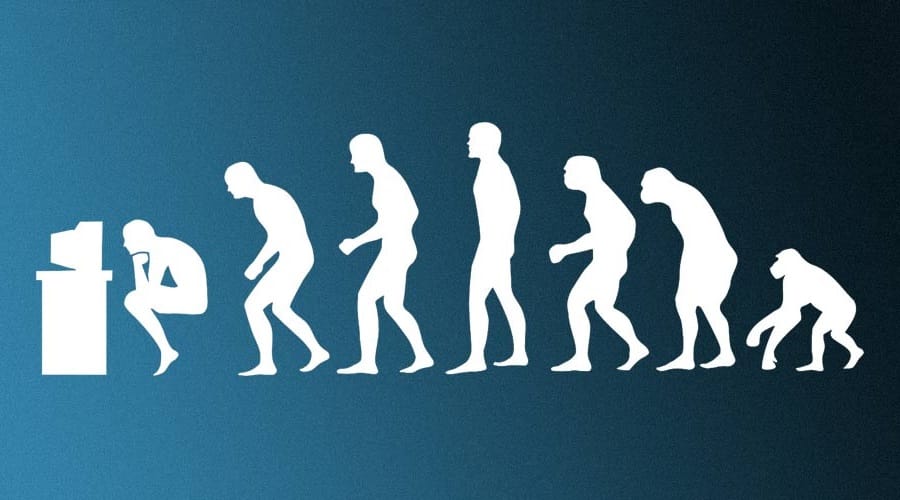
The Ones Who Walked Away From Omelas essay
In her Utopian short story “The Ones Who Walked Away From Omelas” by U. Le Guin shows a society, which thrives and lives in happiness and prosperity at the expense of a one vittles child’s suffering. In every society such injustice does exist (the poor working for the benefit of the rich, bloody unjust wars etc.) but the author here exaggerates the cruelty by applying it to a poor innocent child. The author here is a strong supporter of pragmatism, she believes in necessity of the minority sacrifice for the good and wealth of the majority.
The prosperous and beautiful city of Omelas literarily lives on their victim’s sorrow, making a sacrifice of a single child for the sake of the community. But can such cruel and unjust prosperity and happiness be justified? The author and the people of Omelas think it can: “If the child were brought up into the sunlight out of that vile place, if it were cleaned and fed and comforted, that would be a good thing, indeed; but if it were done, in that day and hour all the prosperity and beauty and delight of Omelas would wither and be destroyed. Those are the terms” (Le Guin). It is stressed that only “…the existence of the child, and their knowledge of its existence, that makes possible the nobility of their architecture, the poignancy of their music, the profundity of their science” (Le Guin).To trade all that for the good of one child would be more than unwise, claims the author. Not all people of Omelas like the present state of things. Many are brooding over the child’s sad fate for years, they feel compassion, rage and disgust for their own treatment of the poor child, but sooner or later they come to accept it as they accept the rising sun in the morning. They justify the existing order by supposing that “It [the child] is too degraded and imbecile to know any real joy” (Le Guin). The cruel justice of reality may be somewhat appalling at first sight, but, as it is well known, there is no gain without pain.
But there always some people, a few, who, refusing to accept the guilt, choose to walk away from Omelas into the unknown world – they go in darkness, never to come back and it is clear that the author is not one of those who “walk away from Omelas”. It is their way of quiet protest, which goes unnoticed and results in no consequences for the community of Omelas, which continues to live and prosper.
As a conclusion we can add that this story by U. Le Guin is an allegory, in which the author criticizes the present society, where happiness is considered as something rather stupid. On the contrary – “Only pain is intellectual, only evil interesting” (Le Guin). Due to the constant propaganda of pain and misery, claims the author, we can no longer describe a happy man. The artists and writers taught us to enjoy pain, to cherish and repeat what is painful. So, a happy man turned out to be a witless fool in our eyes. On the contrary, the author here, though she is showing misery of a small child, does not proclaim it’s suffering a good thing, only a necessary evil. Ursula Le Guin is a strong pragmatic personality, but it doesn’t mean that she completely approves of the way the citizen of Omelas treat the poor child. All in all, both the author and the reader feel compassion and sympathy towards the wretched being.

